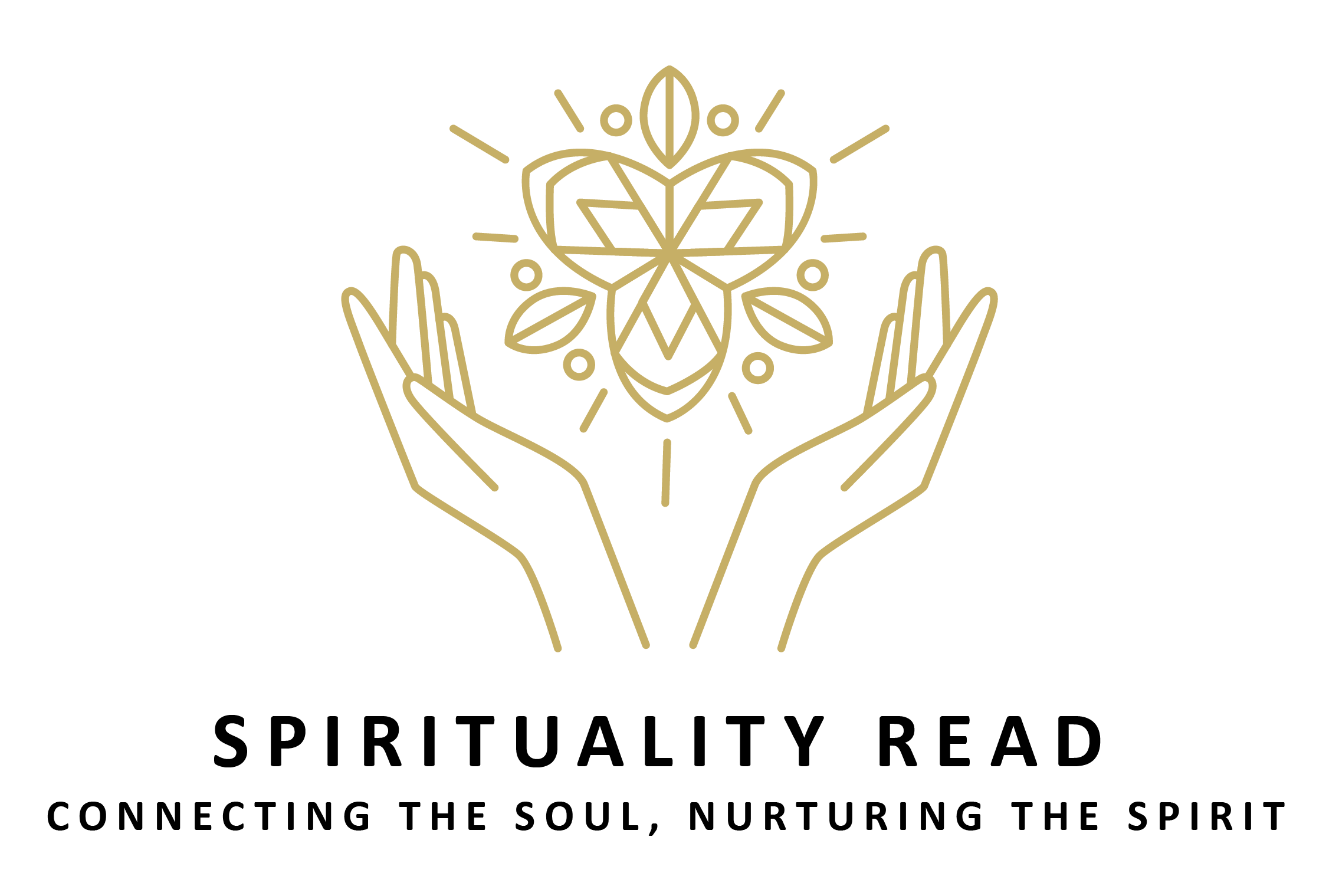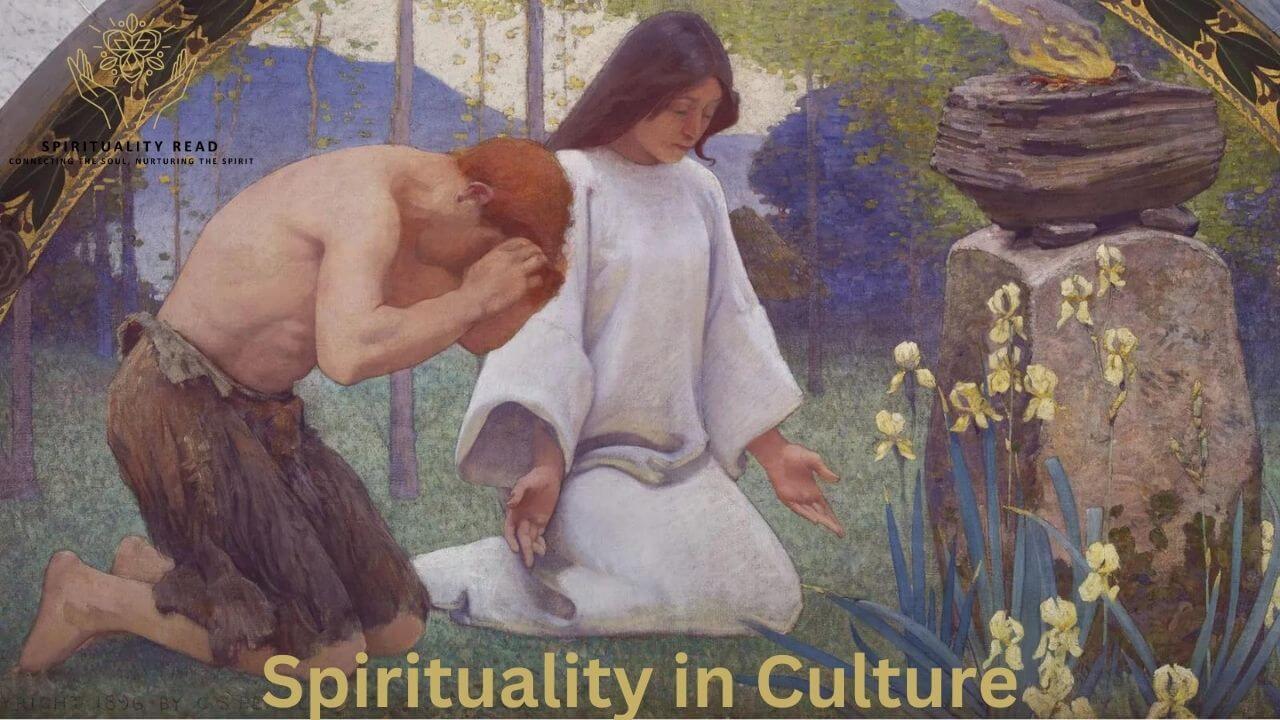In a world defined by its rich tapestry of cultures, the bond between spirituality and culture is a topic of profound significance. This article delves into the captivating interplay between spirituality and culture, exploring the deep-rooted connections that exist. From understanding the significance of spirituality in various societies to the impact it has on our daily lives, we will embark on a journey of exploration, discovery, and enlightenment.
Defining Spirituality
Spirituality, at its core is the quest for meaning and connection with the divine or the metaphysical. It is a deeply personal and subjective experience, often defying precise definition. It encompasses beliefs, practices, and values that guide individuals toward a higher understanding of life, existence, and their place in the universe.
The Role of Spirituality in Culture
Spirituality is not an isolated concept; rather, it is intricately woven into the fabric of culture. It serves as a moral compass, shaping the values, traditions, and rituals of a society. It influences how individuals perceive the world and interact with one another.
Historical Perspectives of Spirituality in Culture
Throughout history, spirituality has played a central role in the formation of cultures. Ancient civilizations, such as the Egyptians, Greeks, and Mayans, had elaborate spiritual beliefs that guided their daily lives. This historical perspective highlights the enduring influence of spirituality on culture.
Modern Expressions of Spirituality in Culture

In contemporary times, spirituality takes on diverse forms. People seek spiritual fulfillment through organized religion, meditation, yoga, and even unconventional practices. It has become a personalized journey, reflecting the individual’s quest for inner peace and purpose.
Spirituality in Rituals and Traditions
Rituals and traditions are a living testament to the enduring power of spirituality in culture. Whether it’s the Hindu festival of Diwali, the Christian Eucharist, or the Japanese tea ceremony, these rituals provide a sense of identity and belonging.
The Influence of Spirituality on Values
Spirituality profoundly shapes the values upheld by a culture. Concepts like compassion, forgiveness, and empathy are often rooted in spiritual teachings and contribute to the ethical foundation of societies worldwide.
Spirituality and Community Building
Communities often find cohesion through shared spiritual practices and beliefs. Churches, temples, mosques, and other places of worship serve as focal points for bringing people together.
The Universal Essence of Spirituality in Culture
One remarkable aspect of spirituality is its universality. While the specific beliefs and practices may differ, the search for meaning, inner peace, and connection is a shared human experience transcending cultural boundaries.
Challenges and Controversies
The intersection of spirituality and culture is not without its challenges. Controversies arise when differing spiritual perspectives clash, raising questions about tolerance and acceptance.
Also Read: Religion and Spirituality: Exploring the Boundaries and Connections
Spirituality in the Digital Age

In the Digital Age, spirituality is undergoing a significant transformation. The advent of the internet and digital technologies has opened up new avenues for spiritual exploration and expression. People now have access to a vast array of online resources, meditation apps, virtual religious services, and social media communities that cater to their spiritual needs.
The Impact of Globalization
Globalization, the process of increased interconnectedness and interdependence among people and cultures worldwide, has had a profound impact on spirituality. This phenomenon has brought diverse spiritual beliefs, practices, and traditions from different corners of the globe into contact with one another. As a result, spirituality has evolved in response to this global intermingling.
While cultural diversity can be enriching, it can also lead to misunderstandings and conflicts. Differences in spiritual beliefs and practices may cause tensions or misunderstandings, highlighting the need for intercultural dialogue and mutual respect.
Religious Conflicts Spirituality in Culture
Historically, religious conflicts often arise when diverse cultural and religious groups clash, underscoring the importance of religious tolerance and peaceful coexistence.
The Role of Education Spirituality in Culture
Education plays a vital role in promoting harmony between cultural diversity and spirituality. Schools can nurture an environment of respect and understanding by teaching about various cultural and spiritual traditions.
Comparative Religion Courses
In many educational institutions, comparative religion courses expose students to various spiritual beliefs and practices, fostering a more inclusive and open-minded society.
Preserving Cultural Identity
Amidst the blending of cultural diversity and spirituality, it is essential to preserve the uniqueness of individual cultural and spiritual identities. Communities can maintain their traditions while still embracing diversity.
Language and Rituals
Many communities use their language and rituals as pillars of cultural identity, ensuring that their distinctive spiritual practices endure.
Conclusion
In conclusion, spirituality and culture share an enduring bond. They mutually shape and define each other, providing individuals with a profound sense of meaning and connection. As we navigate the complexities of the modern world, the role of spirituality in culture remains as vital as ever.
Also Read: How to Know Your Angel Number
FAQs
How does spirituality influence art and music?
Spirituality often serves as a wellspring of inspiration for artists and musicians, guiding the creation of profound and emotive works.
Can spirituality bridge cultural divides?
Yes, spirituality has the potential to bring people from diverse cultures together, fostering understanding and unity.
What are some contemporary expressions of spirituality?
Contemporary spirituality includes practices like mindfulness, meditation, and even the exploration of non-traditional belief systems.
How do rituals and traditions preserve cultural identity?
Rituals and traditions provide a sense of continuity and identity, grounding individuals in their cultural heritage.
Is spirituality a constant in a rapidly changing world?
Yes, spirituality endures as a guiding force in the lives of many, even as the world around us evolves.

